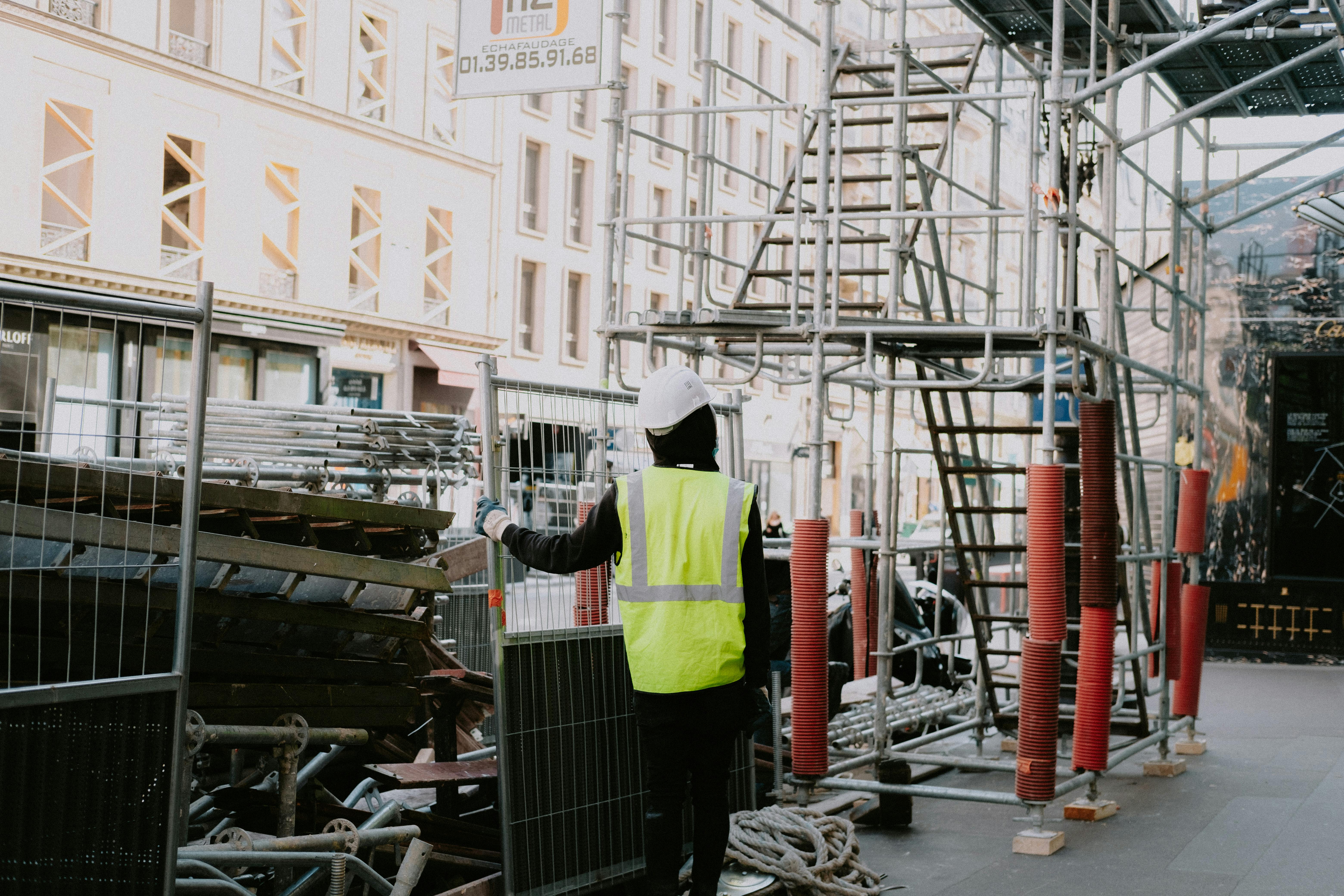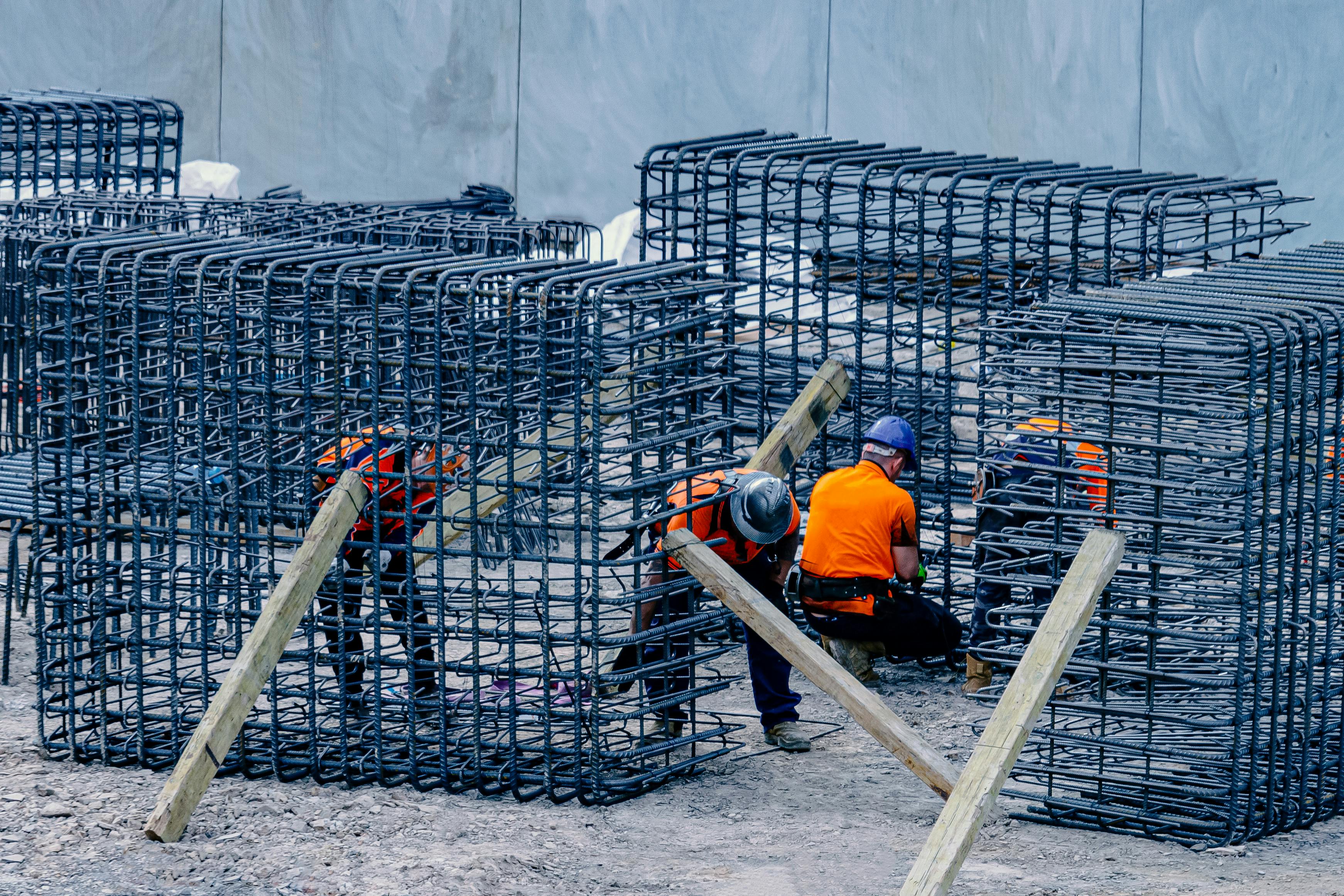Do I need to report my New Jersey construction accident to OSHA?

After a serious construction accident, your world is a blur of doctors, pain, and paperwork. You might hear people talking about OSHA and wonder, "Do I need to call them? Is it my job to report what happened, or is it my boss's job? And what happens when a report is made?"
These are important questions. Understanding the rules about reporting an accident to the government's safety agency is a key part of protecting your rights. The answer is not always simple, but this guide will explain it in clear, everyday terms.
If you have questions about your own injury, a New Jersey construction accident lawyer from Levinson Axelrod is ready to help. Call us for a free talk.
Whose Job Is It to Report a Work Accident to OSHA in New Jersey?
In almost all cases, it is your employer's legal duty to report a serious work injury to the Occupational Safety and Health Administration (OSHA). It is not the injured worker's job.
OSHA is the government agency in charge of workplace safety. The law puts the responsibility on the employer because they are the ones in charge of keeping the job site safe. So, when a serious safety failure leads to a major injury, it is the company's job to report that failure to the government.
However, it is very important for you to know what injuries they are required to report. This way, you can know if your employer is following the law. If they don't, you have the right to take action.
What Types of Injuries Must Be Reported to OSHA in NJ?
It is a common misunderstanding that every single work injury needs to be reported to OSHA. That is not the case. While you must report every injury to your supervisor, the special, legally required report to OSHA is only for the most severe incidents.
According to federal law, your employer must contact OSHA and file a report only when a work accident results in one of the following:
A Fatality
If a worker is killed on the job, the employer must report the death to OSHA within 8 hours.
An Inpatient Hospitalization
If a worker is formally admitted to a hospital for care, the employer must report it to OSHA within 24 hours. This is for inpatient care only. A trip to the emergency room, where you are treated and sent home, does not legally require an OSHA report.
An Amputation or Loss of an Eye
If a worker suffers an amputation (the loss of a limb or body part) or the loss of an eye, the employer must report it to OSHA within 24 hours.
You can find these rules clearly explained on the official OSHA website for reporting serious injuries.
Are There Separate Reporting Rules for New Jersey?
Yes. On top of the federal OSHA rules, New Jersey has its own state laws that require employers to report serious accidents. This shows how seriously our state takes the safety of its workers.
Under New Jersey law, when a serious accident or death happens on a construction site, the person in charge must report it to the New Jersey Department of Labor and Workforce Development. They must make a report as quickly as possible and follow it up with a written report within 24 hours. You can find information about workplace safety and health in our state on the NJDOL website. This is a separate duty from the federal OSHA report.
What Can a Worker Do if Their Employer Fails to Report a Serious Injury?
Your employer has a clear legal duty. But what if they don't do it? What if you are admitted to the hospital after a fall, and you find out your boss never called OSHA?
You have the right to act. An injured worker, a family member, or your lawyer can and should file a complaint directly with OSHA if an employer fails to report a serious injury. This is very important. Filing a complaint can trigger an official OSHA investigation into your accident. That investigation can be a huge help to your legal case.
Why is an OSHA Investigation Important for Your NJ Injury Case?
When an employer reports a serious injury or when a worker files a complaint, an official investigation is often started. An OSHA safety inspector may come to the job site, interview witnesses, take pictures, and review company safety records. At the end of the investigation, they will issue a report and may give the company citations for any safety rules they broke.
This investigation is important for three big reasons:
- It Creates an Official Record: The OSHA report becomes the official story of what happened. It is a powerful record created by a government safety expert.
- It is Powerful Evidence: A skilled New Jersey personal injury attorney will get a copy of this entire investigation file. We can then use the inspector's findings and any citations as powerful proof in a third-party lawsuit. It helps us show that a company was careless and that their carelessness is what caused you to get hurt.
- It Can Protect Your Coworkers: An OSHA investigation can force a company to fix the dangerous condition that hurt you. This can prevent another worker from suffering the same kind of accident in the future.
When Do I Just Report the Injury to My Boss?
It is important to understand the difference between reporting an injury to your boss and your boss reporting it to OSHA.
You should report every injury, no matter how small, to your supervisor or foreman right away. This is how you start the process for your workers' compensation claim to get your medical bills paid.
The special report to OSHA is an extra step that is only required for the most serious, life-changing injuries.
Contact Our NJ Lawyers to Handle Accident Reporting
After a serious injury, you should not have to worry about whether your boss is following the law and filing the right reports. That is our job. When you hire a New Jersey construction accident lawyer from Levinson Axelrod, we take over this burden.
If you have been seriously injured on a New Jersey construction site, you need a team that knows the rules and is ready to fight for you. Contact Levinson Axelrod today for a free, confidential consultation. With 10 offices across the state, we are your neighbors, and we are ready to fight for you.


.avif)